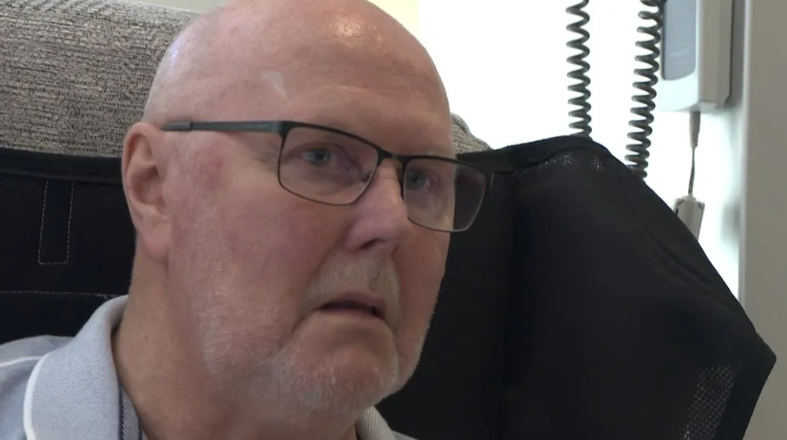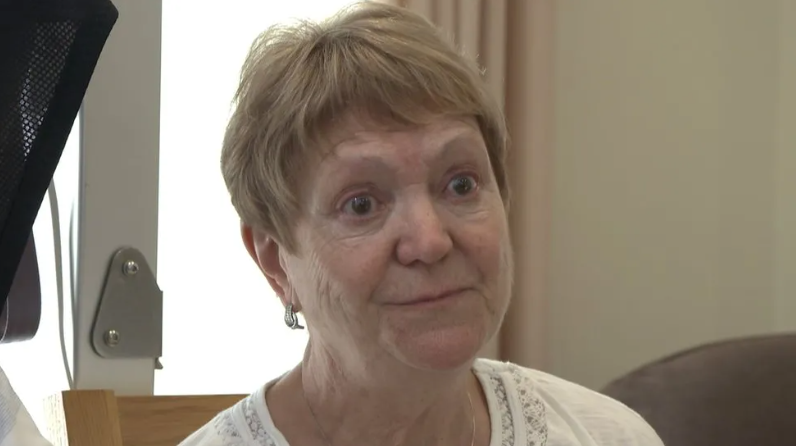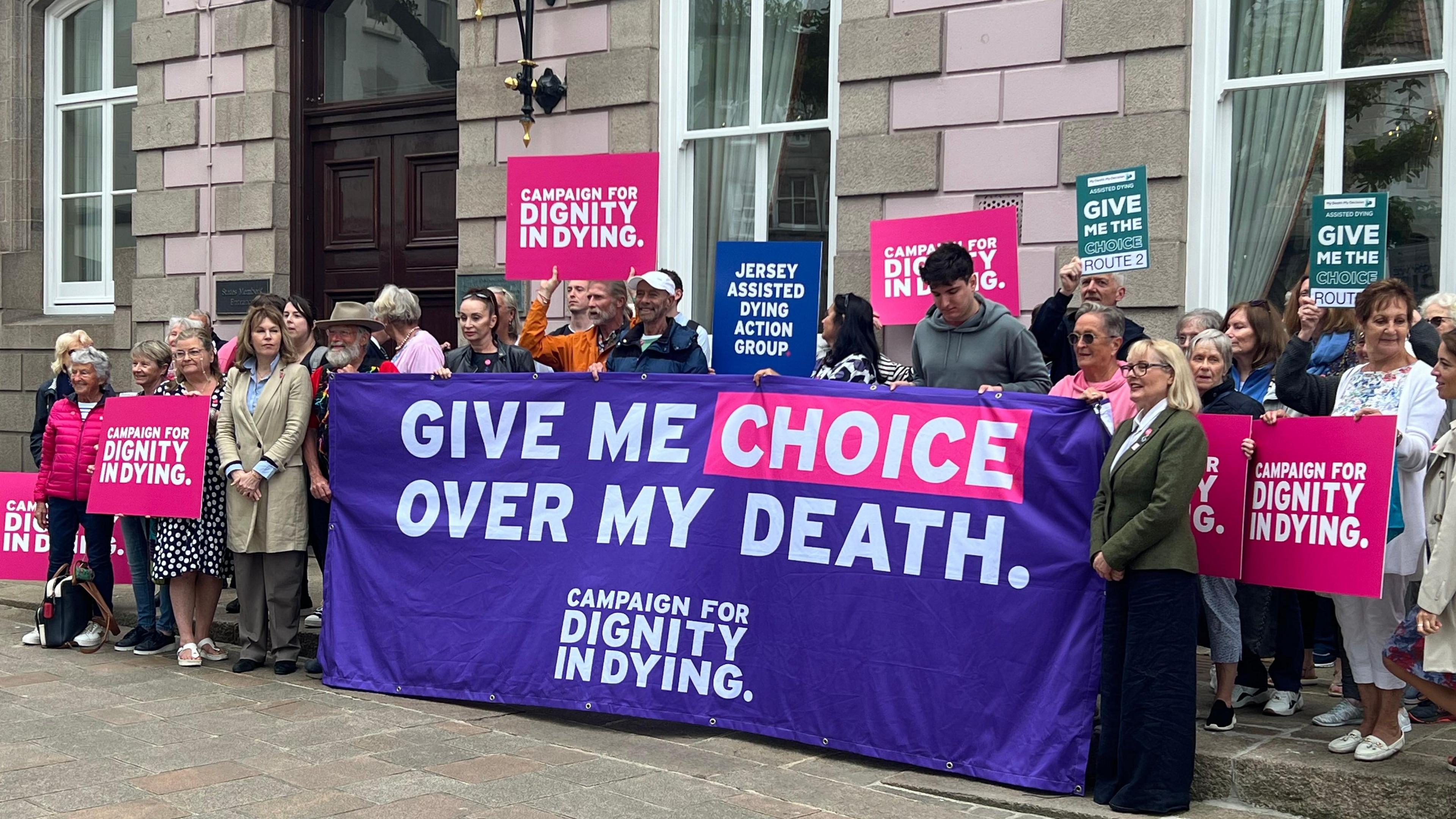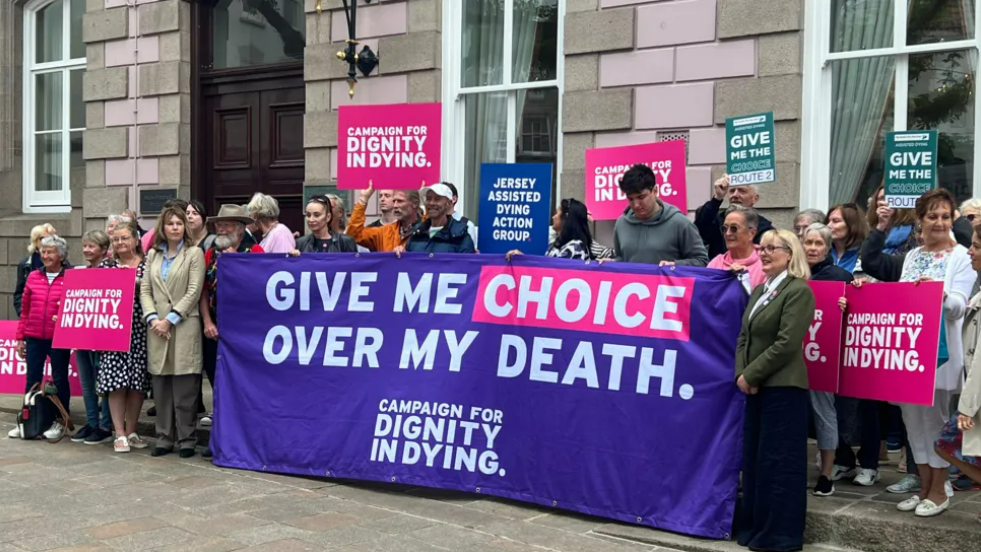Assisted dying vote pleases terminally ill man

Mr Tostevin said he was "pleased" with the result of the votes on Wednesday
- Published
A man living with Motor Neurone Disease (MND) said he was "really pleased" after assisted dying plans for the terminally ill were approved by Jersey politicians.
The States Assembly debated two routes through which adults who have lived in Jersey for longer than a year and have decision-making capacity, could apply for assisted dying.
Members voted in favour of route one, for those who are terminally ill, on Wednesday.
Charlie Tostevin said the move will be "too late" for him but should help others have the choice.
'Whole family suffer'

Joan Tostevin's husband has Motor Neurone Disease and said she understands some people "totally disagree" with the decision
The second route, for those who are not terminally ill but who have an incurable medical condition causing unbearable suffering, was rejected by a majority of 27 to 19.
Mr Tostevin's wife, Joan, said she understands some people "totally disagree" with the decision.
"I think when you are actually living with somebody who has these terminal illnesses, you can understand then why they want to go through with this procedure," she said.
"You're all suffering, it's not just the patient, it's not just the person that has got the illness.
"It's the whole family that suffer."
Mrs Tostevin read out a message from Charlie which said: "I am pleased that route one got passed and not nearly surprised that route two did not.
"As the law won't come into effect until at least 2027, it will be too late for me.
"It should help other people with incurable conditions have the choice."
Deputy Barbara Ward, who worked as a nurse for 45 years, previously spoke against the proposals, saying it should be called “an assisted suicide bill” and it went against her belief system.
Proposals for how an assisted dying law on the island could work were published in March.
Deputy Elaine Millar described the report as a "very detailed, thorough and thoughtful piece of work".
However, due to the divided nature of opinion on the issue, she acknowledged whichever way the vote went "very large numbers of people would be disappointed by the outcome".
Follow BBC Jersey on X (formerly Twitter), external and Facebook, external. Send your story ideas to channel.islands@bbc.co.uk, external.
- Published22 May 2024

- Published22 May 2024
